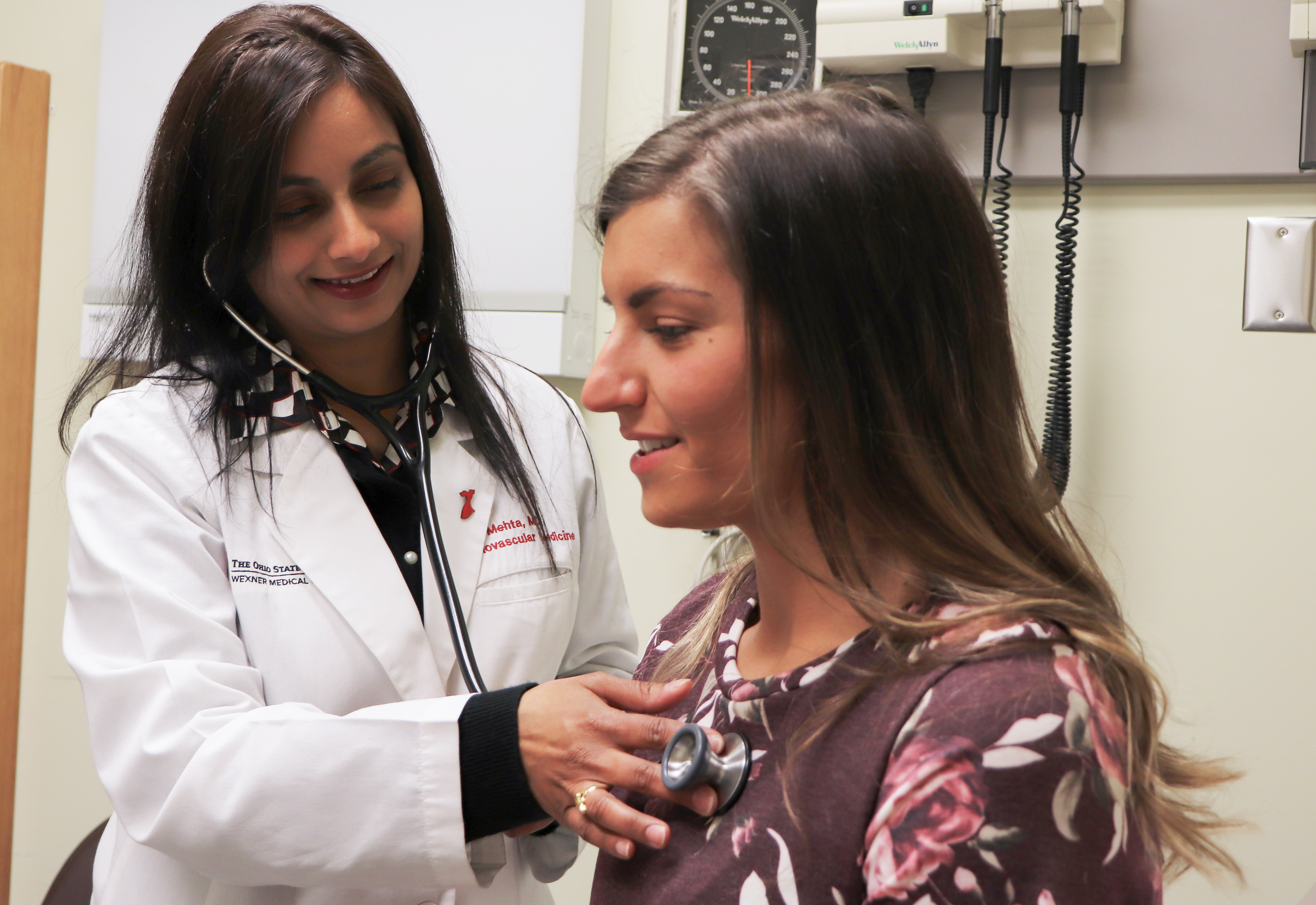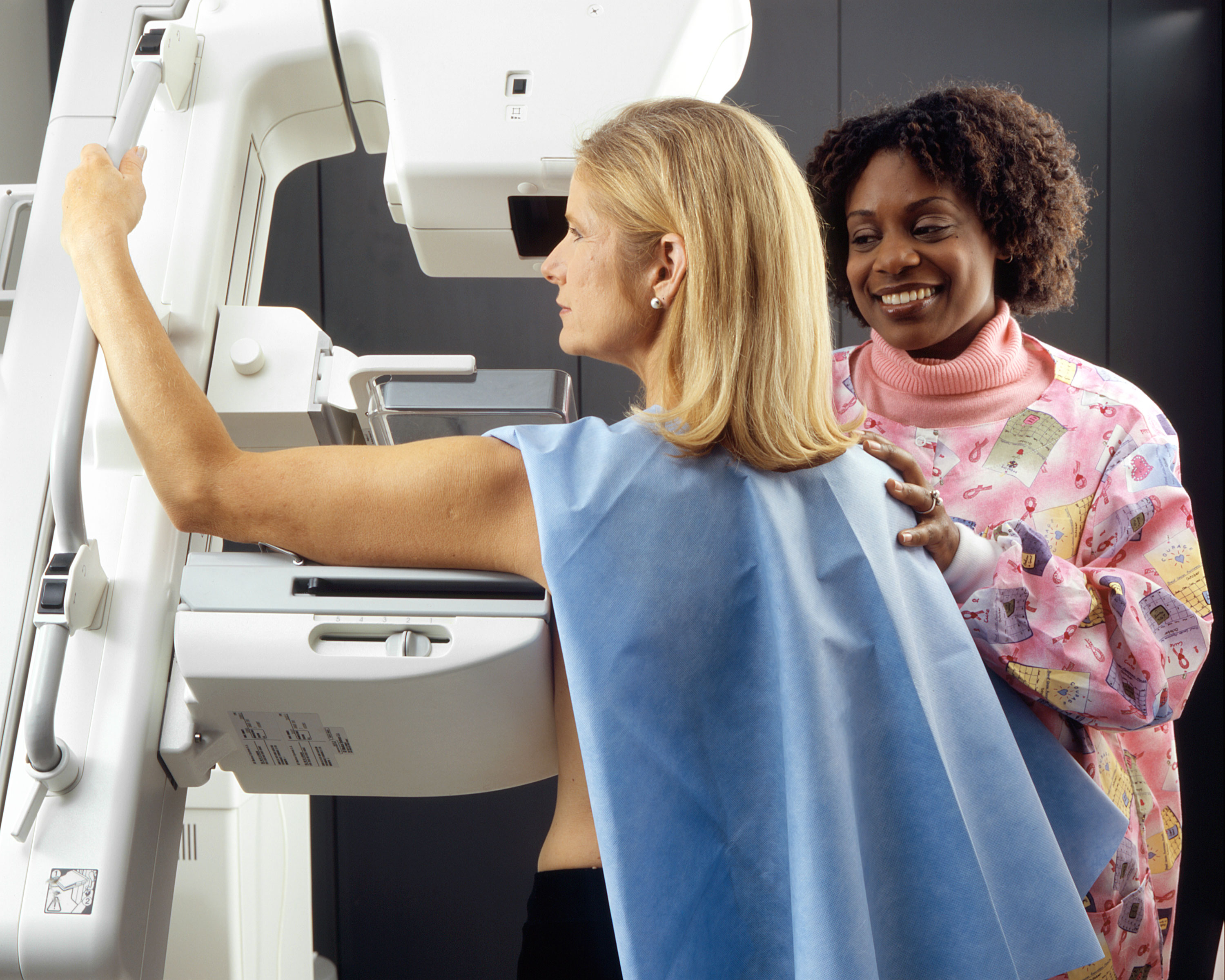Multiple organizations and research centers have launched the “Count Me In” initiative with the goal of enrolling over 100,000 cancer patients to share medical information and accelerate research efforts. Count Me In has been set up as a non-profit organization to provide a place for cancer patients in the US and Canada to share personal experiences with cancer and donate tumor samples, genomic data and medical records to be used in the context of medical research.
“Answering many important questions about cancer will require engaging and empowering many more patients as partners and offering the opportunity to participate in groundbreaking research to all people living with cancer, whether they live near a research hospital or not,” said Nikhil Wagle, the director of Count Me In, and medical oncologist and cancer researcher at Dana-Farber Cancer Institute and the Broad Institute. “The challenge has been that most stored tumor samples and medical records have not been available for these types of studies, because most cancer patients are cared for in community settings where this type of research is not done. Count Me In aims to help make that possible.”
Because many cancer patients are treated at local hospitals and clinics, they’re often not able to participate in clinical trials being conducted at larger academic medical centers. This means that these patients won’t have the opportunity to try new, potentially more effective therapies and researchers won’t benefit from their participation in studies through the collection of patient data.
The Count Me In program aims to close this gap by giving cancer patients the chance to contribute to cancer research by donating their medical records. So far, 5,700 patients have participated in the four current Count Me In projects, however more cancer type-specific projects – including both common and rare forms of cancer – will be launched in the future.
“By connecting with patients and advocacy groups through social media, we have been able to build true partnerships with women and men who understand that, although these research projects are not likely to personally help them, their experiences and voices matter and may help change the future for other patients in measurable ways,” said Corrie Painter, associate director of Count Me In and cancer researcher at the Broad Institute. “These patient-partners have helped us design our outreach to engage a more diverse set of people, make consent forms easier to understand, and design entire studies from the ground up.”
RELATED WEBINAR: Personalized Oncology – Why Tissue Is the Issue When Characterizing Tumor Expression Profiles
The four topics of the ongoing projects include metastatic breast cancer, angiosarcoma, metastatic prostate cancer and gastroesophageal cancer. After patient data is de-identified, it’s made available to researchers across the globe who are working on understanding and developing treatment options for those cancer types.
“Many patients have told us they want to share this information, but have had no way to do it,” said Eric S. Lander, founding director of Broad Institute of MIT and Harvard and a co-chair of Count Me In. “Patients’ medical records, tumor samples, and personal experiences hold myriad clues — about which cancers will respond to or become resistant to which therapies — that often can’t be found in research labs or clinical trials.”
And because of the initiative’s focus on patient-partnered research, patients who donate their medical records to a Count Me In project aren’t left in the dark about the progress made by research projects. These patients often play an active role by communicating directly with researchers as well as in online group settings with fellow patients being treated for the same type of cancer. The initiative could also help diversify the types of patient data included in research to help ensure that treatment options are effective for individuals of different genders, races and cultural backgrounds.
“African Americans and people of color are often the most forgotten about in research, so we’re not counted in,” said Bridgette Hempstead, a patient participant in the Metastatic Breast Cancer Project. “Count Me In is a place you want to be to make sure that when other researchers are looking at how to cure cancer that you’re counted in.”
Social change organization, Emerson Collective, along with the Broad Institute of MIT and Harvard, the Biden Cancer Initiative and the Dana-Farber Cancer Institute are all contributing to the Count Me In project. To complement the program, the organizers are also planning on introducing a smartphone app next year to allow patients to register for projects and receive additional information on the studies.
“As a patient, I want to contribute more to the research,” said Shoba Rao, a patient participant in the Angiosarcoma Project. “As a participant in Count Me In, you’re contributing to the scientific community and whether it helps you or not, it’s going to help people later on.”












Join or login to leave a comment
JOIN LOGIN